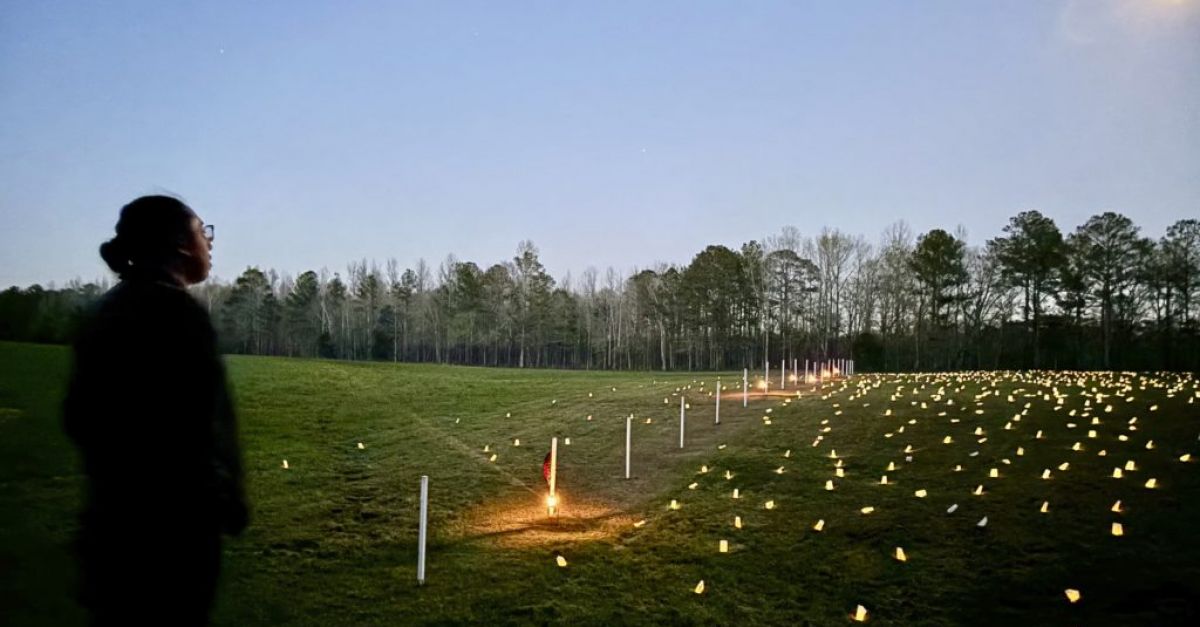The story of Nikki Haley’s presidential campaign so far is simple enough. In both Iowa and New Hampshire, she performed best among the independents and Democrats who crossed over to participate in the GOP contest. But that strength was overwhelmed by the large deficits she faced in both states with actual Republican voters, resulting in double-digit losses.
As the primary calendar turns to Haley’s home state of South Carolina this Saturday, Haley’s math problem isn’t going to get much easier to solve.
Despite her favorite daughter status, polling puts her far behind Donald Trump in the state, with no indication that she’s made any new inroads with core Republican voters. This means that Haley’s hopes for an upset victory — which she probably needs to maintain any plausibility as a candidate — will rest on her ability to attract support from non-Republicans and to turn them out at levels never before seen in a South Carolina primary.
To put her challenge in perspective, take a look at the breakdown of South Carolina GOP primary electorates this century (and note that the state doesn’t register voters by party, meaning that anyone can participate in the GOP contest and that the figures below reflect how voters identified their own partisan loyalties in past exit polls):
As you can see, the share of self-identified Republicans has ranged from just over 60% to as high as 80%. By comparison, self-identified Republicans in the New Hampshire GOP primary last month accounted for barely 50% of the electorate. So, barring an unforeseen surge of these voters, Haley will probably need this number to plummet to an all-time low on Saturday, which would reduce the clout of a voting bloc that appears rather hostile to her.
This would require a corresponding spike in the share of independents and Democrats crossing over to support her. As the chart above shows, their combined share in South Carolina GOP primaries typically falls in the 20-30% range. The one exception came in 2000, when John McCain was running against George W. Bush and relying on a coalition that — like Haley’s — leaned very heavily on non-Republican support. But that still wasn’t nearly enough for McCain, who lost the state by 11 points to Bush thanks to Bush’s overpowering support among core Republicans:
And since 2000, there’s never been a split anywhere near as vast between Republicans and non-Republicans in terms of candidate support:
Note that McCain in his 2008 bid is the only candidate to win South Carolina despite finishing second among self-identified Republicans. But his deficit among those voters was only by a single point, allowing McCain to ride his strong independent support to an overall statewide victory.
But with the enormous gaps she has faced with Republican voters, it’s the 2000 McCain model that Haley’s own effort resembles, not his 2008 one. And to do what McCain failed to do back in 2000 and actually capture the state, Haley will somehow need to expand the share of non-Republicans still further while also squeezing even more votes from them. Talk about a tall order.
Looking back to New Hampshire, where it was essentially a two-way contest between Haley and Donald Trump, this dynamic was especially dramatic. Among independents, Haley crushed Trump by 19 points. And she fared even better among Democrats, who gave her 84% of their votes. But with Republicans, she wasn’t even competitive, losing them to Trump by a resounding 49 points. This all added up to an 11-point victory for Trump overall.
Worse for Haley is that nearly half of New Hampshire’s Republican primary electorate was composed of self-identified independents and Democrats — one of the largest shares (if not the largest share) that will be seen in any GOP contest. In other words, for a candidate leaning so heavily on non-Republican voters, New Hampshire may have been as good as it gets for Haley.
This article was originally published on NBCNews.com
Signup bonus from





